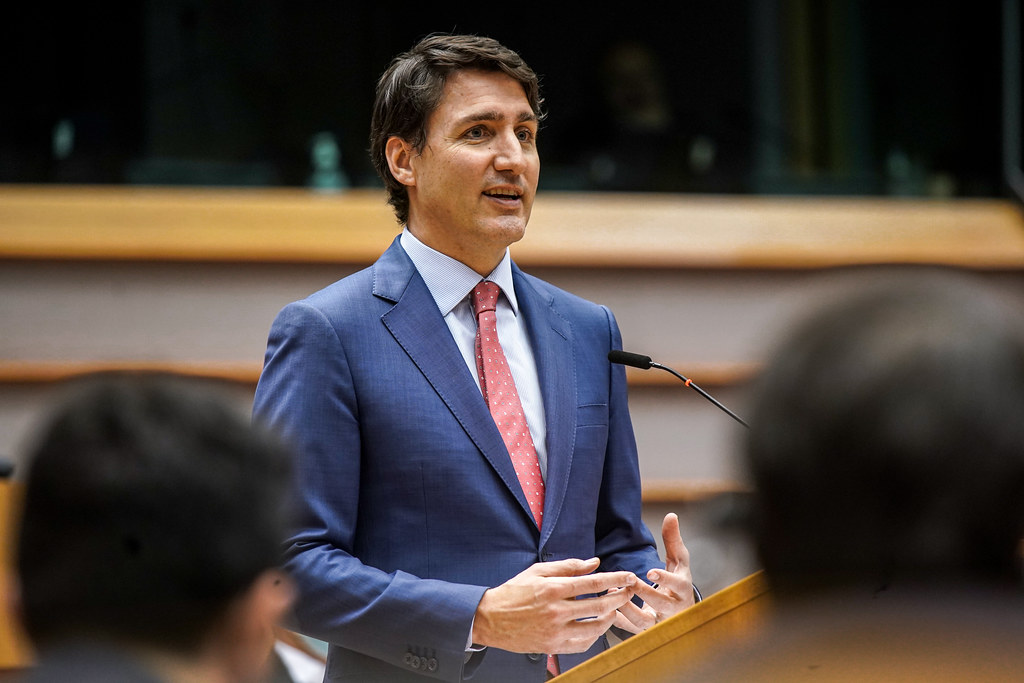Canada Tightens Temporary Foreign Worker Program Amid Concerns Over International Students
By Goldy Dhillon
Posted on

Share Your Thoughts
We value your opinion! Tell us what you think about this story. Leave a comment below and join the discussion with our community. Your voice matters!
Canada’s Sweeping New Asylum Bill: Border Security, Politics, and the Human Toll.
Canada’s New Asylum Bill Sparks Debate Over Border Security and Refugee Rights. Canada’s Parliament has introduced Bill C-12, a sweeping overhaul aimed at tightening border security and reforming the asylum process. With new restrictions on refugee claims and expanded government powers, the bill responds to international pressure but stirs controversy over human rights and system fairness. Discover how this legislation could reshape Canada’s immigration landscape in 2025
The Turbaned Champion: How Nav Bhatia Escaped Death, Conquered Hate, and Became Basketball's Most Unlikely Legend
Nav Bhatia, the iconic Toronto Raptors Superfan, escaped deadly anti-Sikh riots in India before building a successful business and becoming a beloved NBA figure. Since the Raptors’ first game in 1995, he attended nearly every home game, breaking records as a car salesman and advocating against racism. Honored with an NBA championship ring and inducted into the Basketball Hall of Fame, Nav’s story is one of resilience, passion, and uniting diverse communities through basketball
Kamal Kaur's Murder Will Not Save Punjabi Culture
Kamal Kaur was murdered in the name of culture, but her death won’t fix what’s broken. The real threat to Punjabi society isn’t influencers, it’s the growing acceptance of fear over reform.
The Real Motive Behind Kashmir’s Deadly Attacks
As elections approach, a familiar pattern of violence, fear, and political tension returns. When militants opened fire on unsuspecting tourists in the lush valleys of Pahalgam on 22 April 2025, killing 28 and injuring dozens more, a familiar and uncomfortable question resurfaced. Why do terrorists continue such brutal attacks when they know the Indian government will not yield to their demands?
₹50,00,000 Is Too Much Money – Think Before You Spend It on Migration
If you cannot do anything with ₹50,00,000 in India under normal circumstances, judge yourself correctly, you cannot do it anywhere either. The idea that moving abroad will magically transform your life is a big illusion that many young Indians, especially Punjabis, fall for. The reality is, if you are coming without skills, you won't get a skilled job abroad either. And if you are migrating with big dreams but only labor jobs waiting for you, then be ready for a hard truth.
